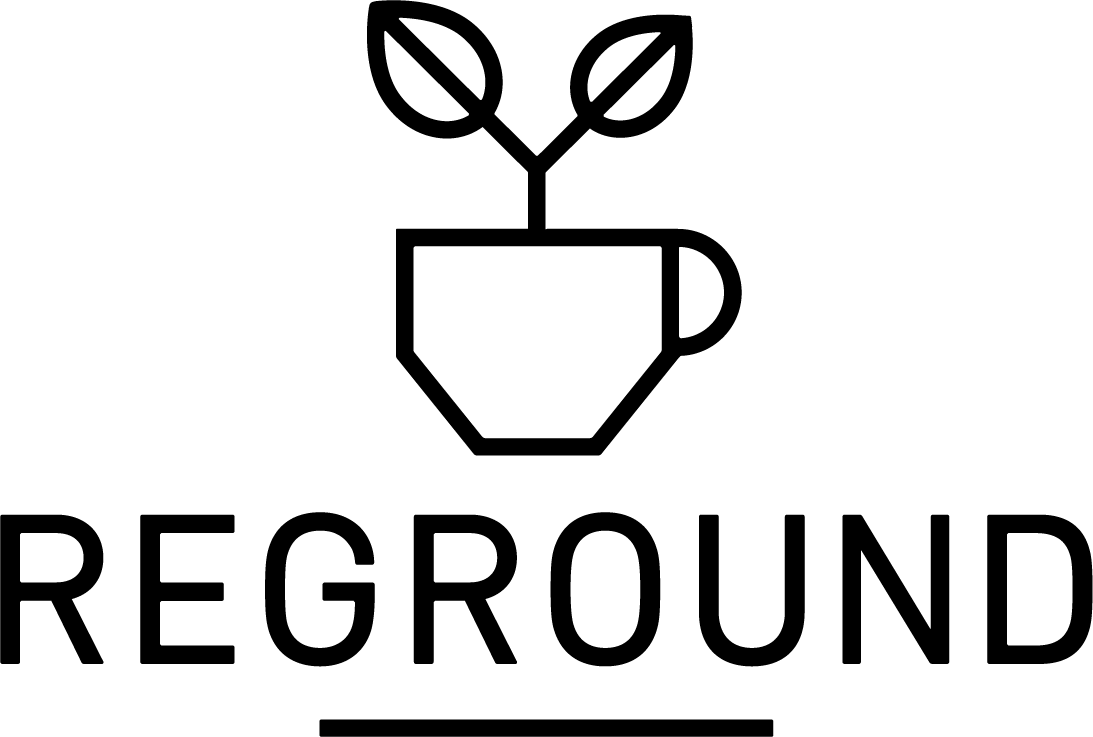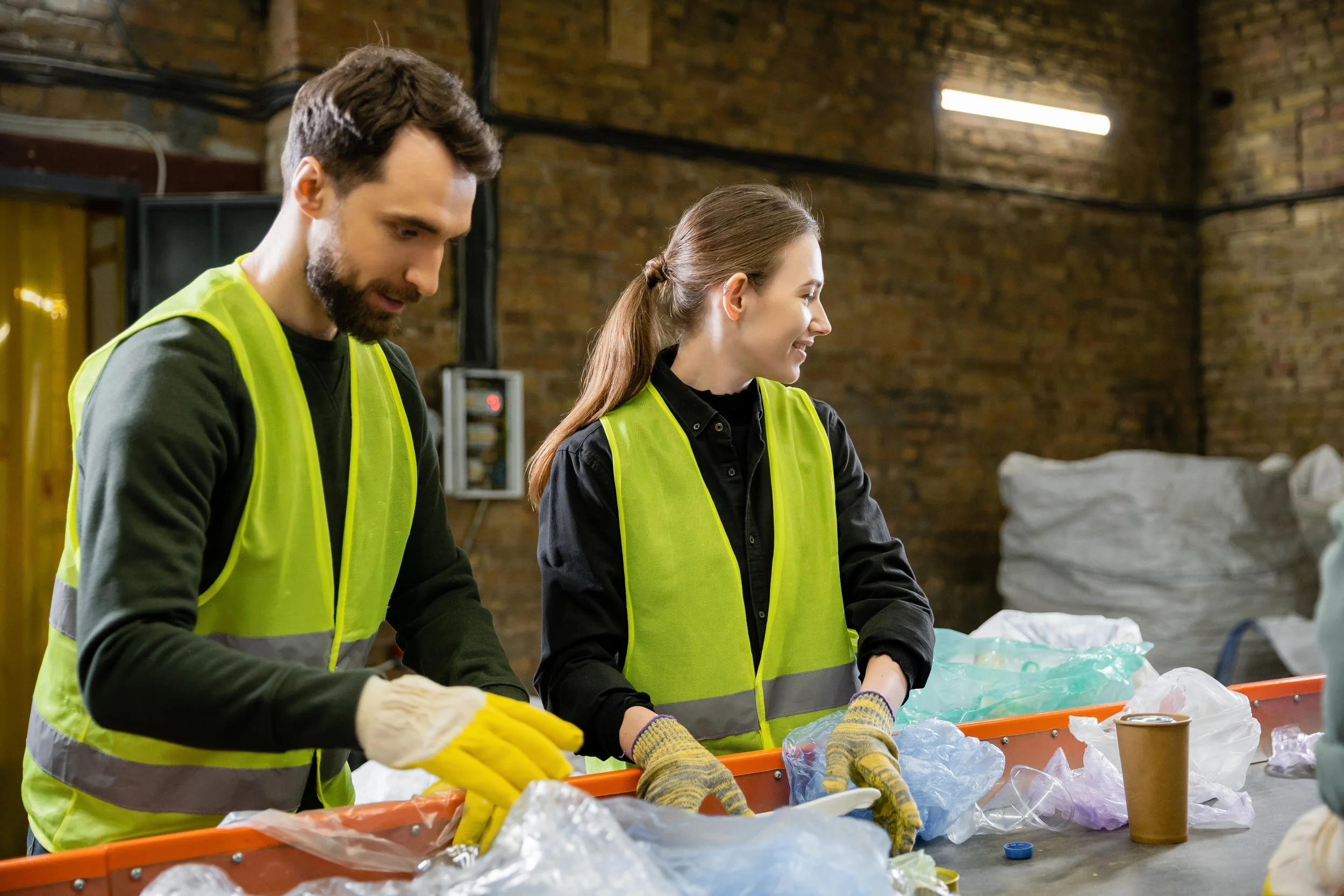Overcoming the challenges of managing waste in commercial buildings
Is your commercial building's waste management system failing you? You're not alone. Every day, thousands of businesses struggle with overflowing bins, contaminated recycling, and no clear picture of where their waste actually goes.
Managing waste in commercial environments has become more complex than ever. Between rising disposal costs, stricter environmental regulations, and growing pressure to meet sustainability targets, facility managers face a perfect storm of challenges. the good news? There's a smarter, more strategic approach.
Why managing waste in commercial buildings is more critical than ever
Commercial buildings are significant contributors to urban waste. From office towers to retail complexes, these spaces produce complex and varied waste streams that traditional bin-and-truck models simply can't handle effectively.
Organisations across Australia are racing toward Net Zero commitments, while regulators are tightening waste-related compliance requirements. Your tenants, customers, and stakeholders expect visible sustainability action, not just promises; yet most commercial buildings operate in the dark when it comes to waste. Without proper infrastructure or data insights, you're unable to track what's being thrown away, what could be recovered, or where systems are failing.
This is where specialised expertise makes all the difference. Reground approaches managing waste differently, starting with hands-on audits that reveal your actual waste profile. By designing circular waste systems tailored to your building's unique needs, they help you move from traditional disposal to strategic resource recovery.
The real challenges of managing waste in commercial buildings
Managing waste in commercial settings is harder than most facility managers realise. The issues extend beyond simple bin collections and costs.
Key Challenges:
Lack of Data Visibility: Most buildings track only collection volumes and costs. Without detailed insights into waste composition, opportunities for reduction and efficiency remain hidden.
Inefficient Infrastructure: Confusing or poorly located bins lead to contamination. Even staff committed to recycling default to general waste when it’s easier.
High Contamination Rates: Contamination often exceeds 30%, undermining recycling efforts and raising processing costs.
Human Factors: Limited training, unclear instructions, and lack of engagement mean staff often use waste systems incorrectly.
How reground's waste change management program helps
Sort, Report, Divert. Reground’s three-step program is a data-driven approach that delivers measurable outcomes:1. Sort: Deep-Dive Audits
Comprehensive waste audits hand-sort waste into 30+ categories to uncover true material composition, revealing hidden recyclables and compostables.
2. Report: Actionable Insights
Data is transformed into clear recommendations, identifying contamination hotspots, recovery opportunities, and cost-saving measures.
3. Divert: Education & Implementation
Reground ensures long-term success through infrastructure upgrades, staff training, ongoing support, and system optimisation.
What are the benefits of a data-driven waste strategy?
Smarter Decisions: Full visibility into waste streams informs cost-effective strategies.
Functional Infrastructure: Well-placed, clearly labeled bins increase correct usage.
Cost Savings: Diverting materials from landfill reduces disposal fees, and some materials may generate revenue.
Waste Diversion Results: Achieve measurable landfill reduction and meet sustainability targets.
Engaged Staff: Clear understanding of impact boosts participation and innovation.
Holistic Support: Programs align with environmental, social, and economic goals.
Turn waste challenges into strategic wins
Managing waste in commercial buildings doesn’t have to be frustrating. By moving from assumptions to data-driven, education-focused strategies, Reground helps transform waste management into a strategic advantage reducing costs, meeting ESG goals, and building a culture of sustainability.
For commercial buildings and apartment building waste management, the challenges are real but far from insurmountable. The key is partnering with specialists who understand the complexities and have proven processes for addressing them.
Your commercial building deserves a waste management approach that's as sophisticated as the rest of your operations. Reground's Waste Change Management Program provides the data, infrastructure, and support you need to turn waste from a cost center into a sustainability success story.
Whether you're trying to meet Net Zero commitments, reduce operational costs, or simply stop the frustration of contaminated recycling, the solution starts with understanding your current reality through professional waste audits.
Partner with Reground for smarter, evidence-based waste management that supports people, planet, and profit.
Contact Reground today to book a consultation or audit. Discover what's really in your waste, and what's possible when you manage it strategically.
Get Started with a Waste Audit →
FAQs
Q: What does a waste audit actually involve?
A comprehensive waste audit involves physically sorting your building's waste into detailed categories over several days. Auditors open waste bags and separate materials to determine exact composition, identify contamination sources, and quantify recyclable materials currently going to landfill.
Q: How long does it take to see improvements in waste diversion rates?
Most organisations see measurable improvements within 3-6 months of implementing new systems and education programs. However, sustained results require ongoing engagement.
Q: What's the most common reason waste management systems fail in commercial buildings?
Lack of staff engagement and training is the primary failure point. Even well-designed infrastructure won't work if people don't understand how to use it correctly.
Q: How much can effective waste management actually reduce costs?
Cost savings vary by building size, current practices, and waste composition. However, many organisations reduce waste disposal costs by 20-40% through improved diversion and optimised service contracts.
Q: Is professional waste management support worth the investment for smaller commercial buildings?
Yes. Smaller buildings often have proportionally higher waste costs due to inefficient systems and lack of expertise. Professional support helps right-size services, reduce contamination penalties, and implement cost-effective solutions tailored to your scale.
Q: What's the difference between traditional waste collection and circular waste management?
Traditional waste collection focuses on disposal, getting waste off your premises quickly, with much of it ending in landfill. Circular waste management focuses on resource recovery, keeping valuable materials in use through recycling, composting, and reuse.


